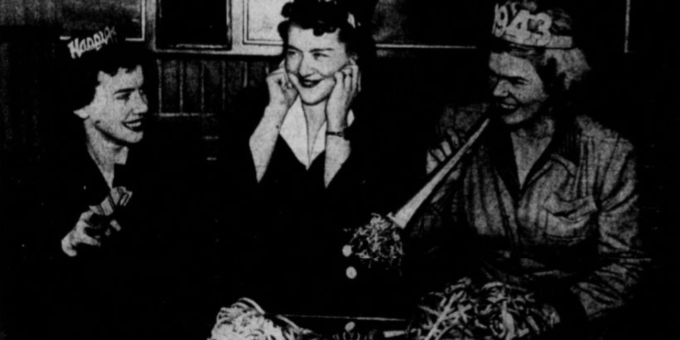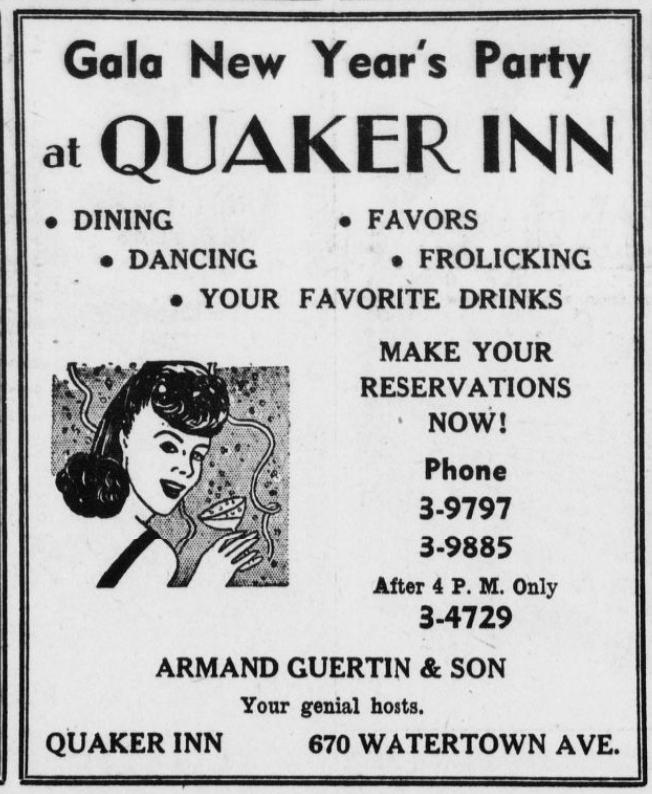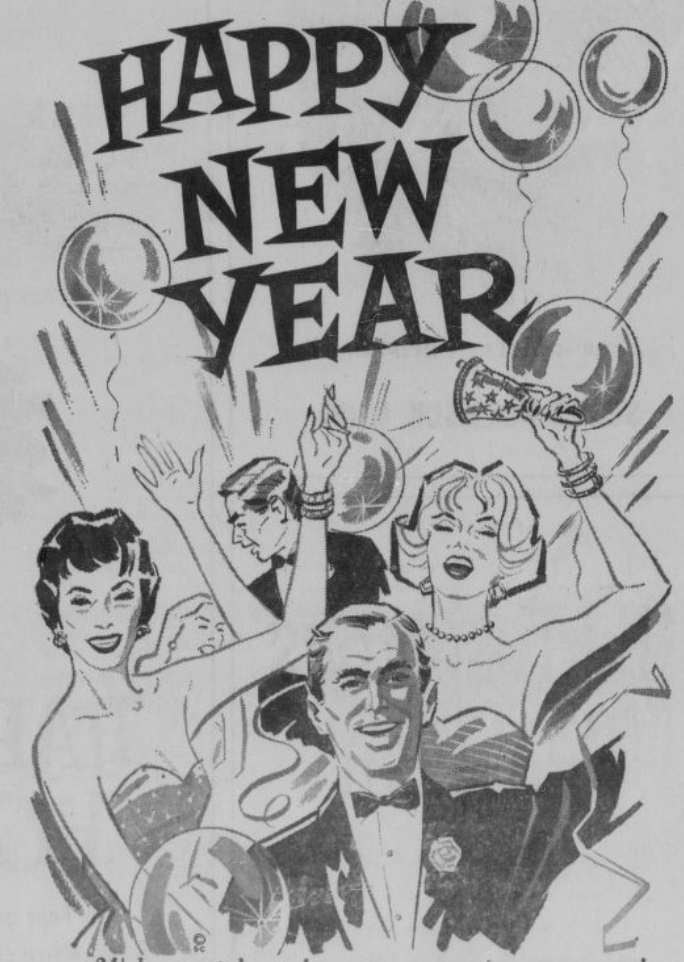
What is the origin of making New Year’s resolutions, and is anyone still sticking to their resolution? We are in February and I think, according to statistics, most people who made a resolution on the New Year has already broken it.
Anyway, here is an article published in 1920 about the origin of making promises at the beginning of a new year.
Twelfth Century Decree Names January 1 as “Swearing Off” Day
Today – the 1st of January – has been transmitted to use from the twelfth century as “swearing off” day, and is said to have originated with Louis IX of France, who decreed that on a certain New Year’s day the soldiers of his army should vow to refrain from indulgence in strong drink for a whole year.
That decree would be useless in this day and generation, as the American “water wagon” is now an obsolete vehicle.

The practice of beginning the New Year with good resolutions, however, is very old. The custom goes back to the first years of recorded history. With the Japanese, 300 years before our Christian Era, the New Year resolution was a solemn affair, marked by elaborate religious ceremonies. With those ancient people much was made of the first day of the year. All outstanding accounts and debts were cleared away; all enmities were ended under penalty of law. Their dwellings were swept, old furniture and old clothing were cast off in exchange for new, etc.
Through all the ages the New Year day has been regarded as the time of solemn renunciation of all follies and a renewed amendment for the future.

The Egyptians in the days of the Pharaohs symbolized their purifications with elaborate baths and tastings; the Persians and Phoenicians greeted the new year with prayer to their heathen gods.
In those ancient days the New Year greetings assumed rather a national character, but in the passing of the centuries old new year’s vows have lost their formal character.
“Turning over a new leaf,” is now a matter of individual and not a national concern. “The swearing off,” as the term is used in its modern sense, has been relegated to the scrap heap by the Anti-Saloon League.
But at the turn of each new year “man resolves and re-resolves, but does the same.”
Source: Evening star. (Washington, D.C.), 01 Jan. 1920.

